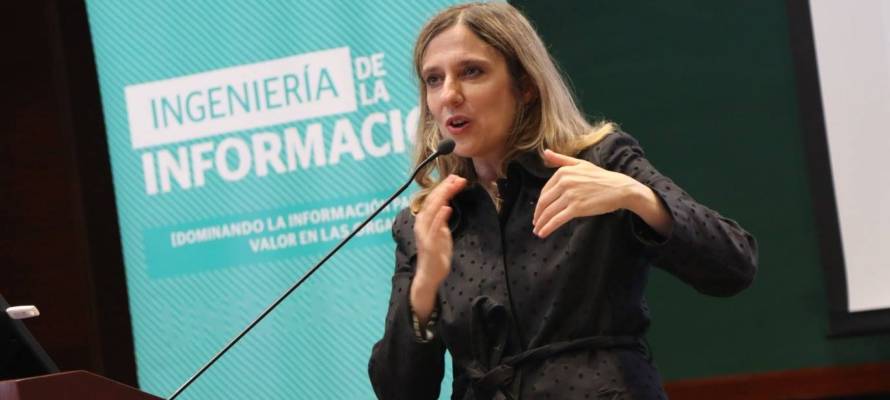A breast cancer survivor, Regina Barzilay wins prestigious award for advancing cancer diagnosis and drug synthesis using artificial intelligence.
By Yaqir Benzion, United With Israel
America’s prestigious Massachusetts Institute of Technology (MIT) announced that Israeli Professor Regina Barzilay is the first ever recipient of the newest prize for achievement that is looked at as the Nobel Prize in the field of artificial intelligence.
The Association for the Advancement of Artificial Intelligence (AAAI) awarded their new $1 million Squirrel AI Award for Artificial Intelligence for the Benefit of Humanity to Barzilay for her work that has had “a transformative impact on society.”
Barzilay graduated from the Ben-Gurion University of the Negev and earned her PhD at Columbia University before becoming a professor at MIT in 2003. A shining star in the world of AI, she has previously won numerous awards for both excellence in her field and as an all-star teacher at MIT, where she is a member of the Computer Science and Artificial Intelligence Laboratory (CSAIL).
The award recognizes her work advancing machine learning models for the development of antibiotics and other drugs, and to detect and diagnose breast cancer at early stages.
Her increasing focus on health care was sparked by her own survival after being diagnosed with breast cancer in 2014. She created algorithms for early breast cancer diagnosis and risk assessment that have been tested at hospitals in several countries. Barzilay is now working with breast cancer organizations to make her diagnostic tools available to underprivileged populations around the world.
For Barzilay, it’s personal. In developing her AI models she realized that if a system like hers had existed at the time, her doctors could have detected her cancer two or three years earlier.
“Through my own life experience, I came to realize that we can create technology that can alleviate human suffering and change our understanding of diseases,“ said Barzilay. “I feel lucky to have found collaborators who share my passion and who have helped me realize this vision.”
Her other work includes developing machine learning models for drug discovery, including a new antibiotic called Halicin discovered last year that was shown to be able to kill many species of disease-causing bacteria that are antibiotic-resistant.
“Only world-renowned recognitions, such as the … Turing Award [in computing] and the Nobel Prize carry monetary rewards at the million-dollar level,” said AAAI official Yolanda Gil. “This award aims to be unique in recognizing the positive impact of artificial intelligence for humanity.”
“Regina has made truly-changing breakthroughs in imaging breast cancer and predicting the medicinal activity of novel chemicals,” said Nobel Prize winner and MIT biology professor Phillip Sharp. “I am honored to have as a colleague someone who is such a pioneer in using deeply creative machine learning methods to transform the fields of health care and biological science.”
